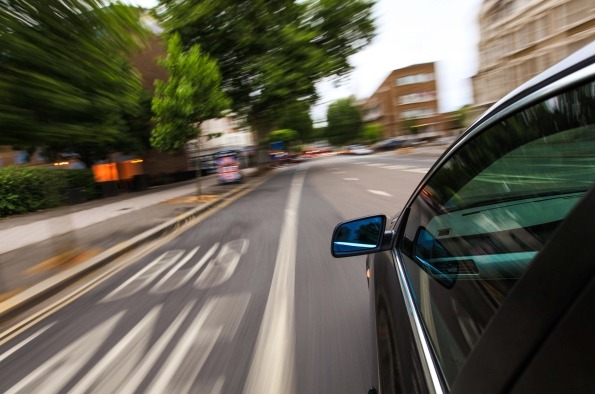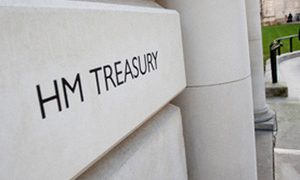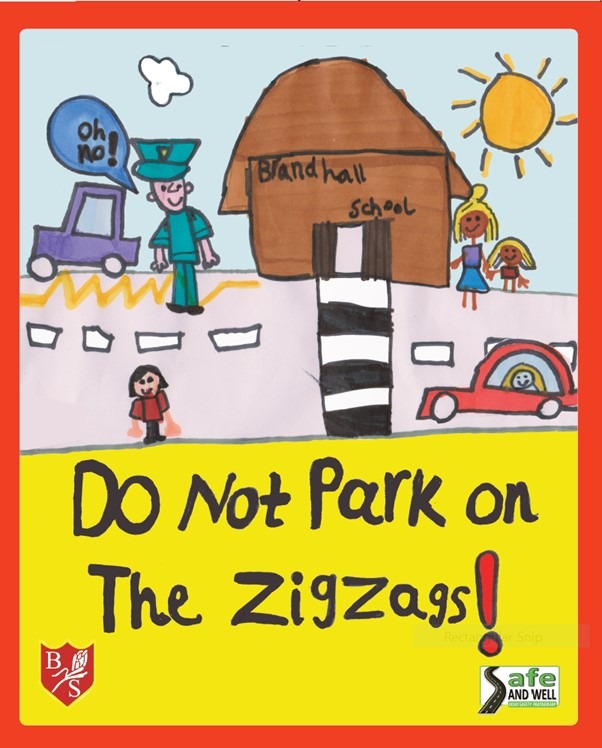ROAD SAFETY and breakdown organisation GEM Motoring Assist is encouraging all drivers to stay within speed limits on every journey. This, says GEM, is not only a key part of reducing collisions and casualties on our roads, but it’s also an effective way of reducing your environmental footprint as a driver.
A spokesperson at GEM Motoring Assist said: “One of the most important things we can all do when at the wheel is to drive within the speed limit at all times on journeys. It’s a vital part of taking personal responsibility for our own safety – and that of others – when we are driving.
“Research categorically shows that reduced speeds mean fewer collisions, and reduced severity of collisions. For example, an overall 1mph reduction in speed results in an average five per cent reduction in collisions.
“We also know that a car speeding at 80mph uses 10 per cent more fuel than one driven at 70mph. A car driven at 70mph uses 15 per cent more fuel than one at 50mph.”
Driving within speed limits is a key part of making our roads safer, according to GEM. But it’s not enough on its own. We need to ensure that we’re alert, observant and courteous at all times, that we use well-maintained cars and that we always keep a safe distance from the vehicle in front.
This can make all the difference in the event of a sudden incident or hazard, not only for us as drivers but also for those who share the roads with us, according to GEM.
“It’s worth remembering the connection between environmentally-aware driving and defensive driving, which has long been established,” added GEM. “Smooth, progressive and systematic driving is safer. There are few surprises and no last-minute manoeuvres. You’re doing your bit for the environment, you’re keeping your licence clean, you’re hopefully saving money and also reducing the risks you face on the road.”
Top tips for slowing down
- Don’t rush on a journey. Leave earlier and ensure you have plenty of time, with no reason to speed.
- Keep a close eye out for speed limit signs and watch for clues that the speed limit may soon be about to change.
- Scan the speedometer frequently so you always know your own speed.
- Always ask yourself: is my speed both legal and safe? After all, the speed limit is just that – a limit, not a target, and there will be circumstances when you will feel much safer driving below the limit.
Higher penalties
- A ‘speeding ticket’ will result in three points on your driving licence and a fine of £100. In some circumstances a speed awareness course may be offered.
- Changes to the system of fines in 2017 means higher-end speed offenders now face fines of up to 150 per cent of their weekly salary, with six penalty points and/or disqualifications of between seven and 56 days.
















